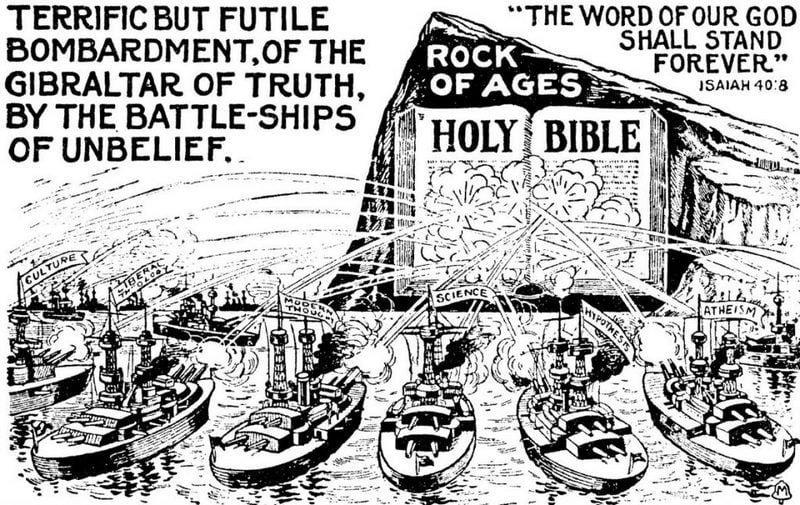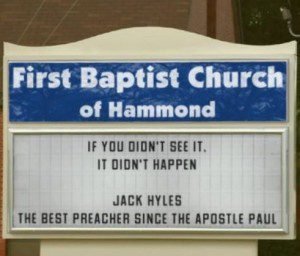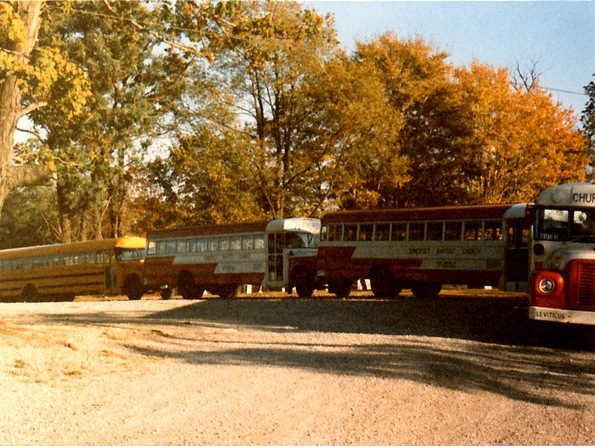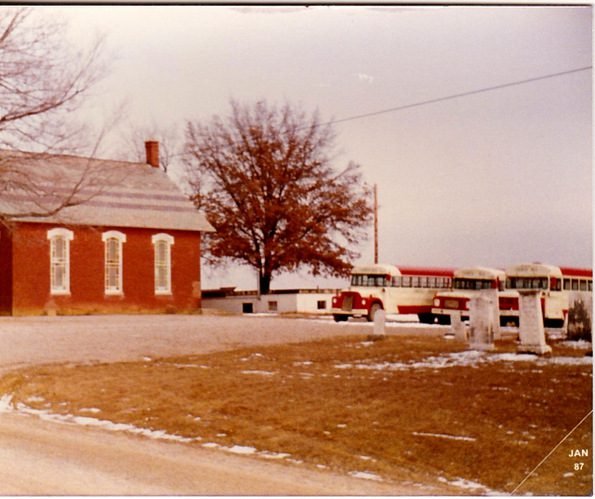
I was an Evangelical pastor for twenty-five years. I believed that the Bible was the inspired, inerrant, infallible Word of God — no mistakes, no errors, no contradictions, every word, straight from the mouth of God. Whenever I encountered a contradiction in my studies, I would pray and ask God to show me the truth. Often, I would turn to Evangelical books that listed alleged contradictions and refuted them. Their explanations almost always quelled my doubts. When these books didn’t, I retreated to the house of faith, believing that my understanding and interpretation was wrong; that God would one day make things clear to me; and if he didn’t, I would still love, obey, and trust him. The Bible says, “God is not the author of confusion,” so I believed that my intellectual confusion was either a ploy of Satan or my lack of understanding. God/Bible was always right. How could a perfect God write an imperfect Bible? I thought at the time.
Most Evangelicals are presuppositionalists — even if they don’t know what it means. They “presuppose” that their peculiar version of God is the one, true God; that the Bible is without error; that morality comes from their God through supernatural revelation (conscience, creation, Scripture).
Most Evangelicals have been taught various ways to overcome objections and challenges to their beliefs. Often, Evangelicals will ignore these challenges, move the proverbial goalposts, and attack those who object to their theological claims. This approach was fully displayed in my recent discussion with a Fundamentalist preacher’s kid (PK). My questions repeatedly went unanswered. Instead, she went into preaching mode, challenging the basis of my morality and understanding of facts. It was evident, at least to me, that was just repeating what she had heard from the pulpit; shallow, ineffective, contradictory apologetical arguments. Rarely are Evangelical congregants taught to “give an answer to the hope that lies within them.” Instead, they use worthless apologetics techniques such as Pascal’s Wager. Has anyone ever changed their mind after being presented with Pascal’s Wager?
Over the years, I have interacted with countless Evangelicals who think they are the ones who will win me to Jesus; that their arguments will overcome my unbelief and lead to my repenting and putting my faith and trust in Jesus Christ. Most of them quickly learn that I am not your average God-hating heathen. I am well-schooled in what the Bible says — especially from an Evangelical or Independent Fundamentalist Baptist (IFB) viewpoint. Of course, just because I know more than most Evangelicals do about the Bible doesn’t mean my arguments make any headway with them. I often find that Evangelicals have answers for every objection I raise. Not good answers, but answers nonetheless; answers they have been taught by their pastors, Sunday school teachers, or read in popular Evangelical apologetics books written by men such as Josh McDowell, Norm Geisler, Frank Turek, Sean McDowell, Gary Habermas, and Lee Strobel, to name a few. Search the Internet for “answers to mistakes, errors, and contradictions in the Protestant Christian Bible,” and you will find a plethora of sites offering up answers to any question unbelievers might ask. Not good answers, or rational, honest answers, but answers nonetheless. When forced to choose between my objections and the “answers” they learned from preachers, teachers, books, videos, and podcasts, Evangelicals almost always choose the latter. To do otherwise would mean admitting that the Bible is not without error — a fatal sin in Evangelical circles.
There have been a handful of times when Evangelicals who wanted to challenge my beliefs got far more from me than they expected; so much so that they had a crisis of faith. Several of them later deconverted, embracing atheism or agnosticism. I have found that Dr. Bart Ehrman’s books can be deadly to the faith of those who believe the Bible is without error. It is impossible to honestly and openly read Ehrman’s books and conclude that the Bible is inerrant and infallible. One might still hold on to his or her faith, but he or she cannot continue to believe that the Bible is without error. Such a belief, when confronted by the overwhelming evidence against it, cannot be rationally sustained.
That said, no amount of evidence can overcome faith. I have interacted with numerous Evangelicals who admitted that they couldn’t answer my objections to their claims. Yet, they still refused to change their minds. Instead, they ran to safety — the house of faith. In faith, Evangelicals find comfort and security. No argument can overcome faith and personal experience. When Evangelicals invoke “faith” or appeal to their testimonies, I know our discussions are over. When I throw in the towel, Evangelicals often think they won. No, they didn’t win. I have learned that no amount of evidence can overcome personal feelings and experiences. My white flag is just me saying, “I give up. You are impervious to facts. There’s no thoughtful discussion to be had as long as you appeal to your feelings.”
I have found that my most fruitful discussions have been when questioning their beliefs about the nature and history of the Bible. Inspiration is a faith claim, but asserting that the Bible is inerrant and infallible is a claim that can be rationally investigated. If Evangelicals are willing to follow the path wherever it leads, it’s impossible to maintain that the Bible is without error. The evidence against such claims is overwhelming. That said, on more than a few occasions, I have had Evangelicals come right to the point of admitting that the Bible is not inerrant and infallible, only to have them withdraw into faith. One former pastor friend of mine, upon me showing him that the King James Bible had errors in it, said to me, “I don’t care how many errors you show me, by faith I’m still going to believe the KJV is inerrant. Fast forward thirty years and this IFB pastor still believes the KJV is without error. He recently preached a series of messages that were meant to prove that the KJV — an English translation of Hebrew and Greek texts — is not only inspired, it is also inerrant and infallible. I have no doubt he will go to the grave believing the KJV is a supernatural text without one error, mistake, or contradiction. He cannot or will not entertain the idea that he could be wrong. To do so would show that he is lacking faith. And if he admits he lacks faith, his whole world would come tumbling down.
Bruce Gerencser, 68, lives in rural Northwest Ohio with his wife of 47 years. He and his wife have six grown children and sixteen grandchildren. Bruce pastored Evangelical churches for twenty-five years in Ohio, Texas, and Michigan. Bruce left the ministry in 2005, and in 2008 he left Christianity. Bruce is now a humanist and an atheist.
Your comments are welcome and appreciated. All first-time comments are moderated. Please read the commenting rules before commenting.
You can email Bruce via the Contact Form.









